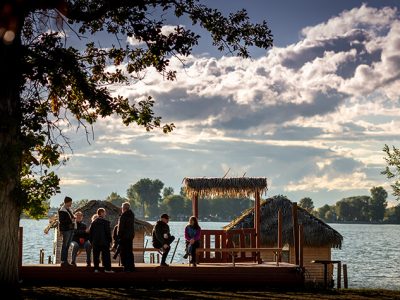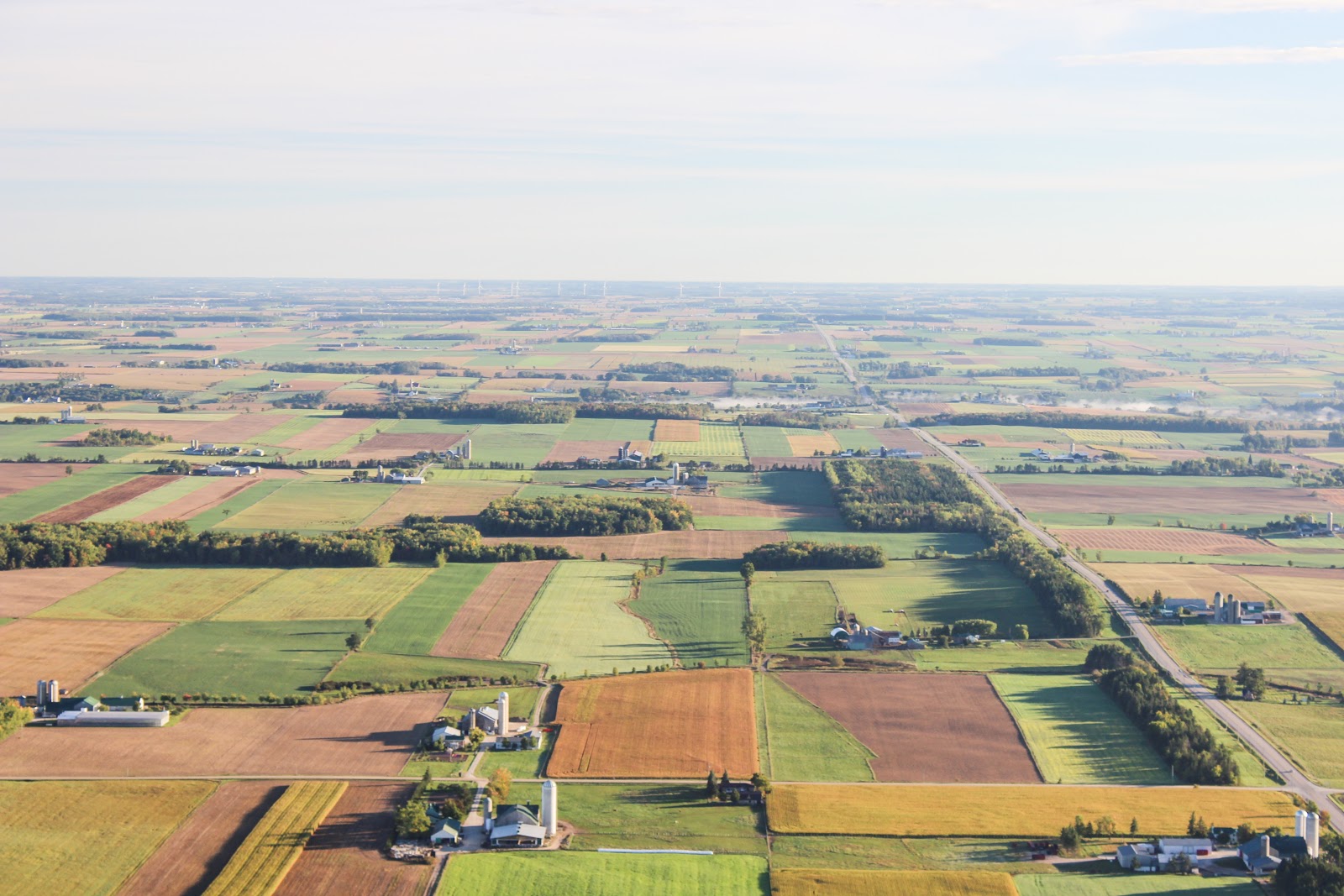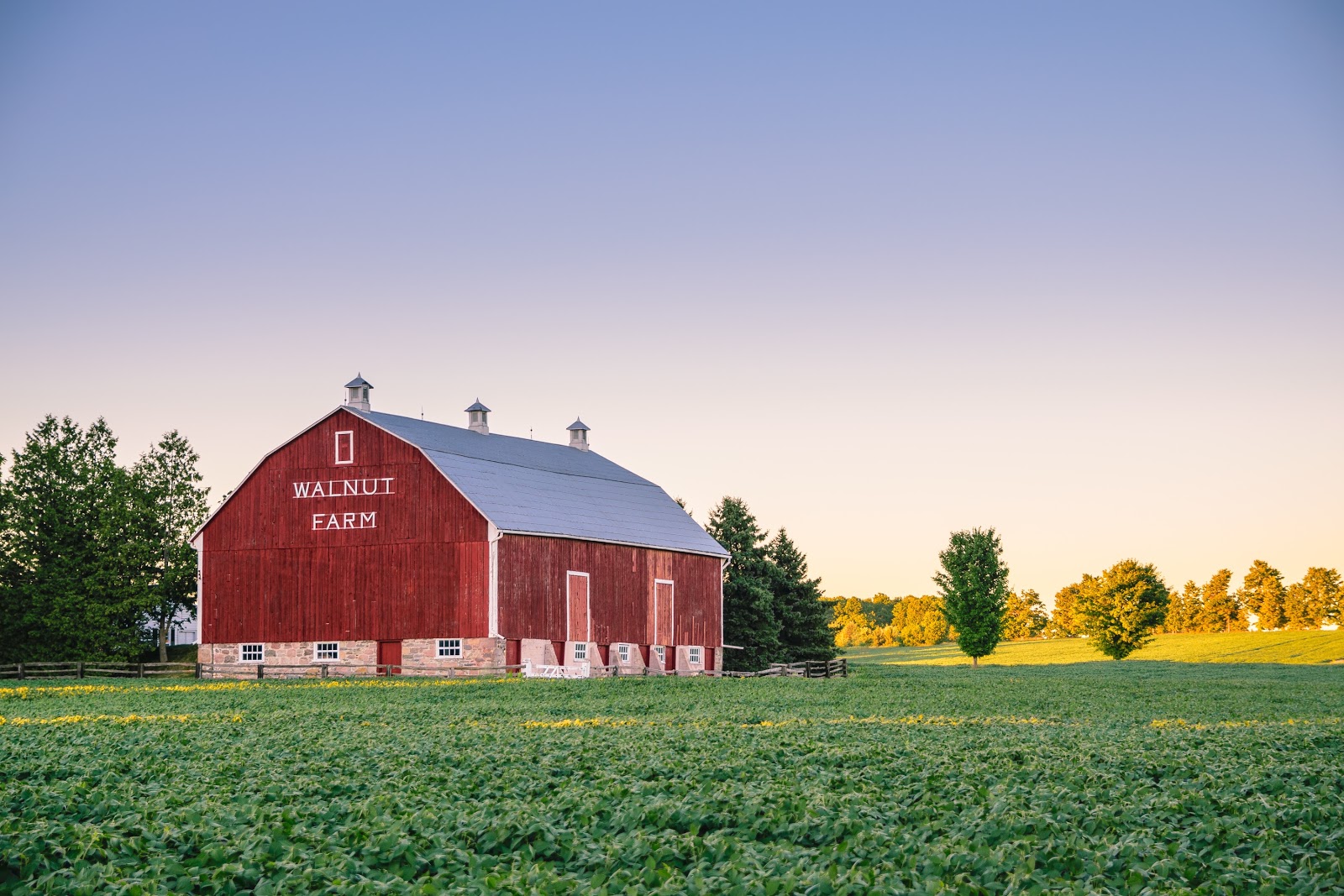A Swiss immigrant who has lived in Canada for 20 years, both in big cities and in small villages, tells how the Canadian rural life differs from life in a big city.
You may prefer the anonymity of life in a big city, but living in a small community has its advantages. You’ll benefit from a more relaxed lifestyle, less traffic, and cleaner air, you’ll be close to wildlife and always know your neighbors. You’ll also find community support as the residents are usually friendly and like to come to social events and take their free time volunteering in local clubs and organizations. However, living in a small town has its drawbacks too.
1. There Are No Jobs
One of the main disadvantages of a Canadian small city is the lack of jobs. But then, small towns are perfect for entrepreneurs, and you can easily start your own business. As soon as you begin to search for a business opportunity, you’ll find it at every corner.
2. You Feel Lonely
If you want to move to a small town to make friends with the locals and run away from the painful loneliness that haunted you in a big city, remember that your life in a small community can be much more lonely. People in small towns often have nothing in common except their place of residence.
3. Pace of Life Is Slower and More Relaxed
In a small town, everything takes time. People are in no hurry and do everything at their own pace. Life in a small town teaches patience. Repairing something can take forever here. As for friendliness, most of the villagers are the same as everywhere else. Despite what is written in the media, not every Canadian is kind, honest, sympathetic, calm — even in small communities.
4. Cost of Living Can Be Different
The cost of living depends on the location of the town. In most southern and central regions of Canada, living in a small town is cheaper than in a big city. Housing prices and rents are lower, and you have less opportunity to spend money on entertainment. Transportation will probably be more expensive if you work outside the town. The cost of food in local stores can be huge due to the lack of competition. In northern communities, shockingly high food prices are due to the harsh climate and the expensive transportation of food from the south.
5. Everybody Says Sorry
In Canada, the expression “sorry” means nothing and is used too often in any situation. Bumping into someone, you say “sorry”, someone bumps into you and says “sorry”, you are angry with someone, but you still say “sorry”.
6. People Gossip
Gossip is part of social life in all small communities. Everyone knows everyone, at least everyone seems to know you. People like gossiping, especially those who suffer from boredom and cannot find another occupation. Everyone will know when you are fired from your job, cheated on, got a divorce, stopped by a police officer, or when you have to take your cat to a vet. If you are a newcomer, think twice before gossiping about anyone. Remember that in small communities all people are connected in some way or another.
7. Crime Rates Are High
According to police statistics, crime rates in rural areas are higher than in urban ones. There are break-and-enters, car thefts, sexual abuse, child abuse, drug offenses, even murders — and all this can happen in a seemingly idyllic small town.
8. Smalltown People Don’t Like Being Criticized
Canadians are too sweet to say to your face that they don’t like something about you. Instead, they will discuss it when you are not around. Your Canadian friend may just disappear from your life, and you will never know why. Be careful if you express your opinion about certain things. Criticism is perceived in hostility by most people, and in the end, it can cost you friendship. Be careful not to offend anyone — Canadians are too sensitive.
9. Some Small Towns Are Separate Worlds
It is often easier to be accepted into a small rural community if you are like the others and always do the right things. Newcomers who frequent the local pub are likely to easily join the community.
10. Promises Mean Nothing
Saying “No” is not Canadian, because it can be perceived as an expression of unfriendliness. Simply say “yes” and, in the end, retreat. Ask someone to come in on the weekend, call you and meet for coffee or invite them to Sunday brunch. Most likely, you will receive “Yes” in response, even if the person knows in advance that he will not come.
11. You Need to Prove You Belong
It will always be easier for the locals who were born and raised in the town than to the newcomers. Most of these people have family ties and friends in the community. They will always find help if necessary. Newcomers, on the other hand, have first to prove they truly belong to the community.
The Bottom Line
In spite of everything, there are wonderful people in small Canadian towns you can always turn to for help. No matter which town you will choose to settle in Canada, each one is unique in its way.




